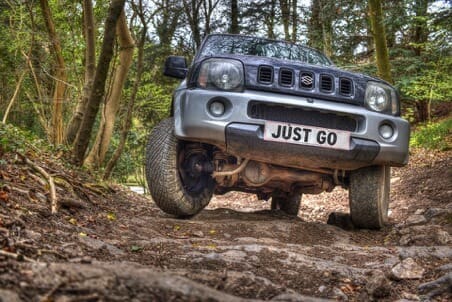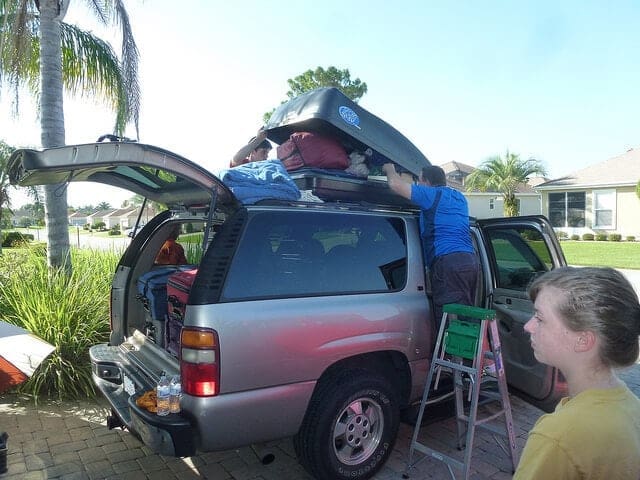Off-roading can be an exhilarating experience, but it pays to be prepared. Here’s what you need to know if you’re planning on ditching the tarmac and taking on more wild terrain.
Choose the right vehicle
Not every vehicle is built to go off-road. Whilst you may be able to modify your average family car by raising the ride height and altering the suspension, you’re best off choosing a car designed for off-road use such as an SUV or a pickup. Such vehicles will have much better handling and will be able to take the bumps without you constantly fearing damage.
Plan your routes
Technically, there are few truly off-road places in the world – you can’t just career off into any random field and test your off-road skills. Like hiking, there are specialist off-road trails that are safe and legal. These trails don’t have tarmac and may have exciting obstacles such as river crossings and wildlife to deal with, but ultimately there’ll be nothing that can’t be handled by a car. It’s best to always plan out your route and check a map for any dangers along the way. Some roads may be closed in bad weather, whilst others may remain open – it’s best to look up weather warnings beforehand to avoid taking on a trail in dangerous conditions.
Make improvements to your vehicle
You may want to make some improvements before setting off. This could include a tow bar for getting unstuck and possibly even a pulley for helping out others. You may also want to upgrade your tires so that they’re off-road friendly. You could even consider upgrading your brake pads and shock absorbers to handle the water and bumps more smoothly.
Find a reliable repair service
If you’re going to be off-roading regularly you’ll inevitably get some damage. This could be something as small as scratches from kicking up stones to more major damage from misjudging obstacles. There are lots of specialist mechanics such as repair services for Land Rovers that can help you out. They may also be able to help you with preventative repairs before you set off – any small damage could turn into major damage as the result of the judders and vibrations of off-roading.
Bring a survival kit
In case you do end up having an accident or getting stranded, it’s worth taking some emergency tools and supplies with you. A shovel and tow rope could be useful if you get stuck. A jerry can can meanwhile could be useful if you run out of fuel. It’s important to also pack some emergency items for yourself and passengers. This should include first aid supplies in case of injury, some snacks and drinks and possibly a portable charger in case you’re stranded and your phone is running low on battery. Those wanting to be extra careful could even consider taking a tent or sleeping bags in case there’s no chance of being saved until the morning. It’s unlikely you’ll run into such an emergency, but it’s still worth taking these precautions just in case.





